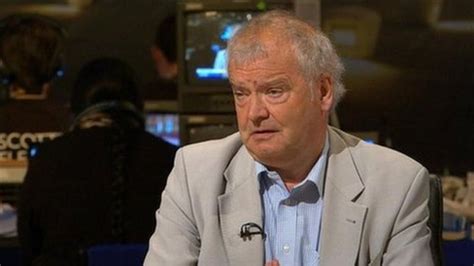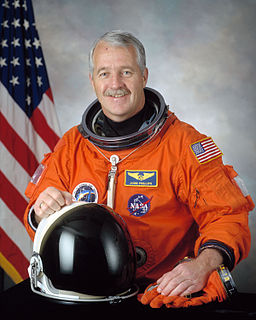A Quote by Bruce Babbitt
I am one of those people who deeply resents not having been born in the 19th century, when there were still open places to explore.
Related Quotes
I was really interested in 20th century communalism and alternative communities, the boom of communes in the 60s and 70s. That led me back to the 19th century. I was shocked to find what I would describe as far more utopian ideas in the 19th century than in the 20th century. Not only were the ideas so extreme, but surprising people were adopting them.
Barrie and the wonderful characters he created, Lewis Carroll, even French literature, like Baudelaire or over in the States, Poe, you open those books, you open The Flowers of Evil and begin to read. If it were written today, you'd be absolutely stupefied by the work. It's this incredible period where the work is timeless, ageless. So yeah, I just love all those guys. It's my deep passion in those great 19th century writers.
The vast majority of those of Scots lineage living in the Ulster counties in the 18th century had come across, or their people had come across, in the 1690s. And they were victims of famine. Over that decade, 30000-50000 people were fleeing from that disaster. In terms of per capita loss, it was of the same order of magnitude as the Irish famine (of the 19th century).
In the 19th century, when Muslims were looking at Europe as an example, they were independent; they were more self-confident. In the early 20th century, with the fall of the Ottoman Empire, the whole Middle East was colonized. And when you have colonization, what do you have? You have anti-colonization.


































